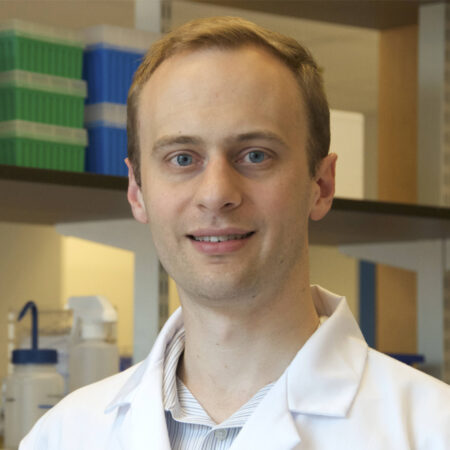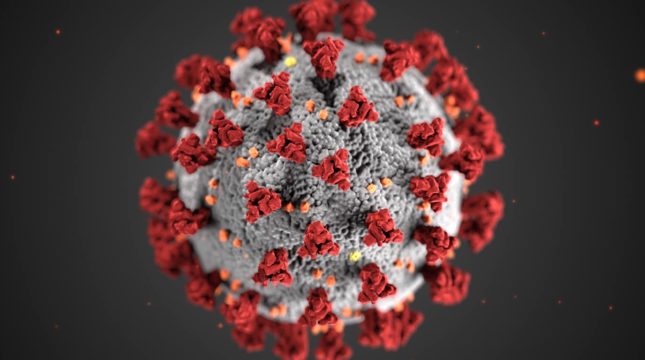Kevin Esvelt, PhD

Kevin Esvelt is an associate professor of media arts and sciences at the MIT Media Lab.
Esvelt is the director of the Sculpting Evolution group, which invents new ways to study and influence the evolution of ecosystems. By carefully developing and testing these methods with openness and humility, the group seeks to address difficult ecological problems for the benefit of humanity and the natural world.
Prior to joining the MIT Media Lab, Esvelt wove many different areas of science into novel approaches to ecological engineering. He invented phage-assisted continuous evolution (PACE), a synthetic microbial ecosystem for rapidly evolving biomolecules, in the laboratory of David R. Liu at Harvard University. At the Wyss Institute, he worked with George Church to develop the CRISPR system for genome engineering and regulation, and he began exploring the use of bacteriophages and conjugation to engineer microbial ecosystems.
Esvelt is credited as the first to describe how CRISPR gene drives could be used to alter the traits of wild populations in an evolutionarily stable manner. And recently, he and his Sculpting Evolution group devised a new form of technology, called ‘daisy drives’, which would let communities aiming to prevent disease alter wild organisms in local ecosystems.
By emphasizing universal safeguards and early transparency, he has worked to ensure that community discussions always precede and guide the development of technologies that will impact the shared environment.
Graduate Studies
Undergraduate Studies
Awards
2004, Graduate Research Fellowship Program, National Science Foundation
2010, Hertz Thesis Prize, Fannie & John Hertz Foundation
2016, TR35, MIT Technology Review
2017, Director’s New Innovator Award, National Institutes of Health
2018, Sloan Research Fellow, Alfred P. Sloan Foundation
Related News

Related Events
